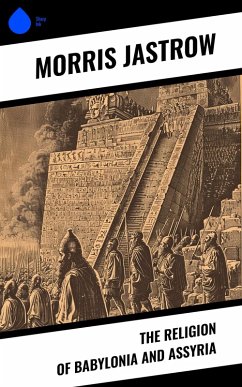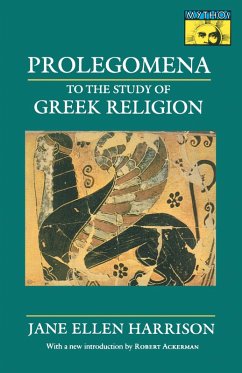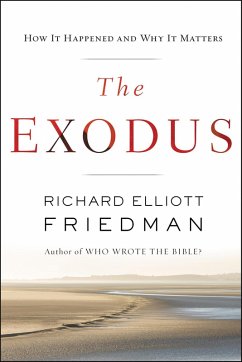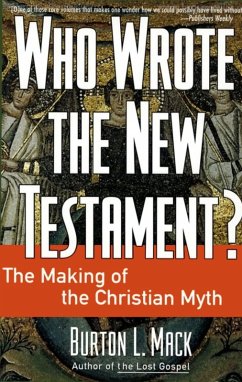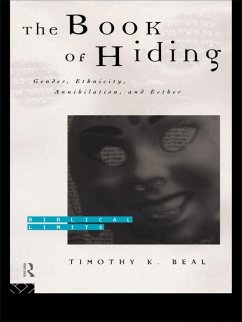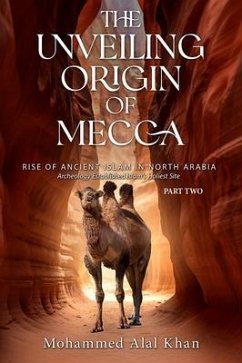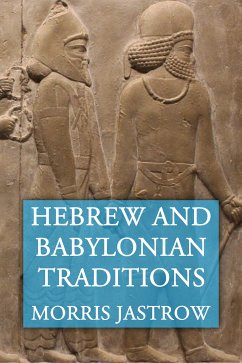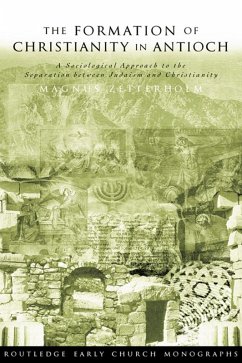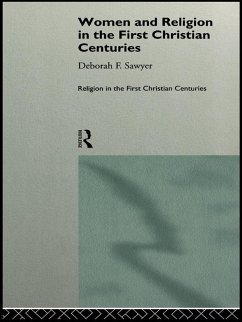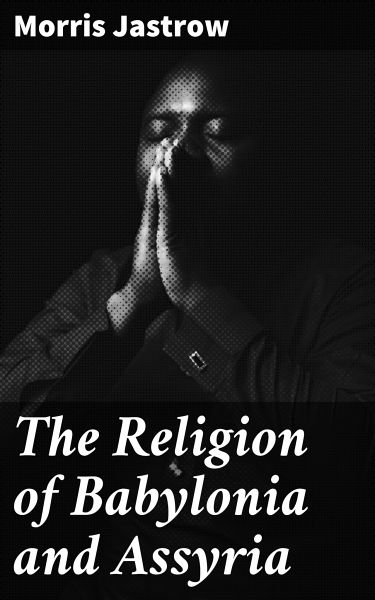
The Religion of Babylonia and Assyria (eBook, ePUB)
Enriched edition. Exploring the Ancient Religious Landscape of Mesopotamia
Kommentar: Somerville, Felicity / Redaktion: Good Press

PAYBACK Punkte
0 °P sammeln!
Morris Jastrow's "The Religion of Babylonia and Assyria" provides a comprehensive exploration of the rich spiritual landscape of these ancient civilizations. Through meticulous research and a narrative style that deftly weaves together historical context, archaeological evidence, and theological analysis, Jastrow illuminates the complex pantheon, rituals, and beliefs that dominated everyday life. Drawing from a broad range of sources, including cuneiform texts and religious artifacts, the book situates Mesopotamian religions in the broader tapestry of Near Eastern history, making it an essenti...
Morris Jastrow's "The Religion of Babylonia and Assyria" provides a comprehensive exploration of the rich spiritual landscape of these ancient civilizations. Through meticulous research and a narrative style that deftly weaves together historical context, archaeological evidence, and theological analysis, Jastrow illuminates the complex pantheon, rituals, and beliefs that dominated everyday life. Drawing from a broad range of sources, including cuneiform texts and religious artifacts, the book situates Mesopotamian religions in the broader tapestry of Near Eastern history, making it an essential resource for scholars and enthusiasts alike. Morris Jastrow, an eminent American orientalist and a professor at the University of Pennsylvania, dedicated his career to the study of ancient cultures and their religions, significantly influencing the field of Near Eastern studies. His deep-seated passion for the exploration of the Eastern heritage, combined with rigorous academic training, granted him a unique vantage point to interpret the spiritual dynamics of Babylonia and Assyria. His academic contributions were pivotal in reshaping contemporary understandings of ancient spirituality and cultural practices. This book is highly recommended for those interested in ancient religions, archaeology, or the history of human thought. Jastrow's insightful prose and thorough analysis render this work an invaluable addition to the libraries of historians, theologians, and general readers who seek to understand the profound impact of Babylonian and Assyrian beliefs on subsequent religious traditions. In this enriched edition, we have carefully created added value for your reading experience: - A succinct Introduction situates the work's timeless appeal and themes. - The Synopsis outlines the central plot, highlighting key developments without spoiling critical twists. - A detailed Historical Context immerses you in the era's events and influences that shaped the writing. - An Author Biography reveals milestones in the author's life, illuminating the personal insights behind the text. - A thorough Analysis dissects symbols, motifs, and character arcs to unearth underlying meanings. - Reflection questions prompt you to engage personally with the work's messages, connecting them to modern life. - Hand-picked Memorable Quotes shine a spotlight on moments of literary brilliance. - Interactive footnotes clarify unusual references, historical allusions, and archaic phrases for an effortless, more informed read.
Dieser Download kann aus rechtlichen Gründen nur mit Rechnungsadresse in A, B, BG, CY, CZ, D, DK, EW, E, FIN, F, GR, H, IRL, I, LT, L, LR, M, NL, PL, P, R, S, SLO, SK ausgeliefert werden.




